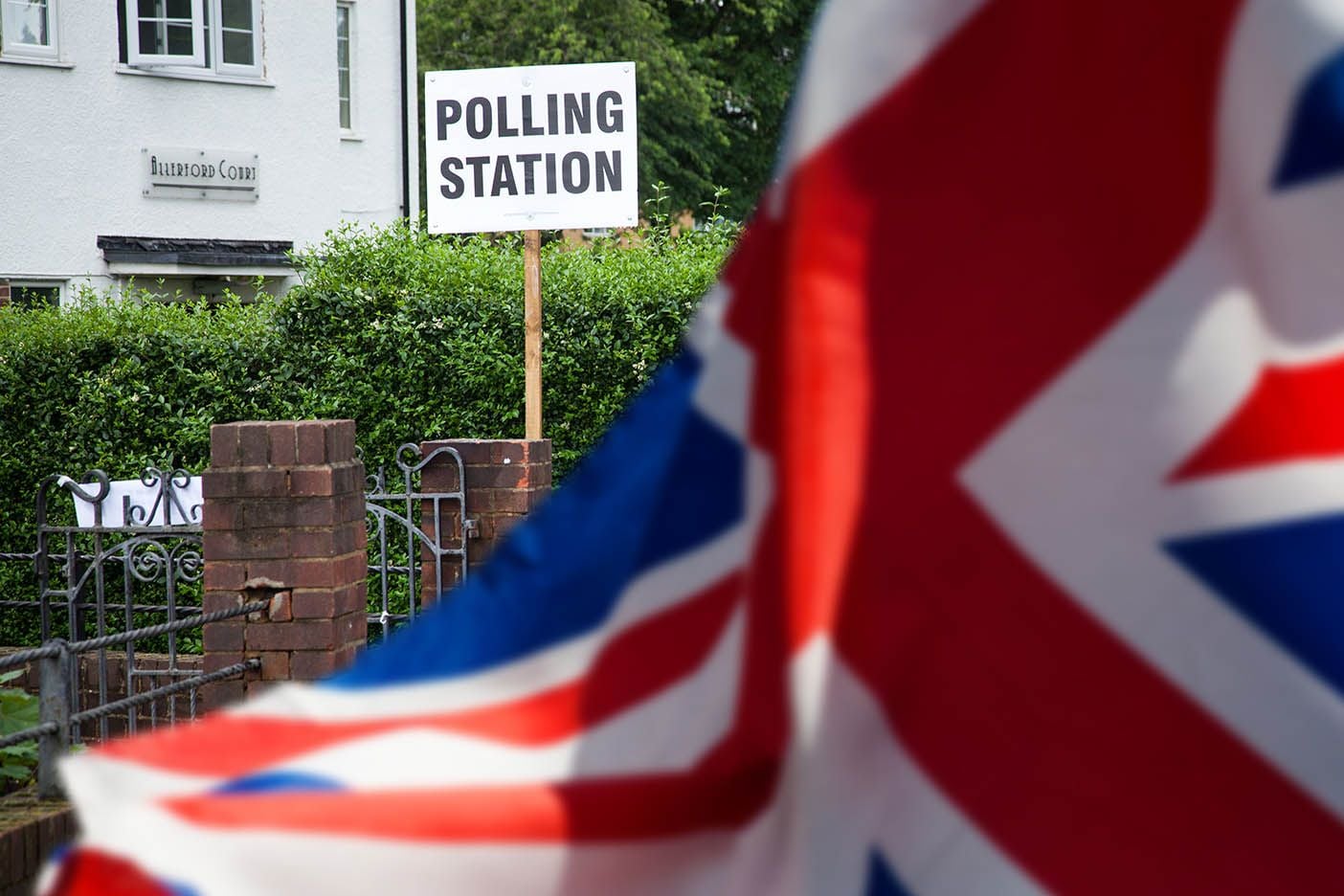A Week of Political Interest Leaves the Pound Vulnerable
- Written by: Gary Howes
-

Image © Adobe Images
Research from Crédit Agricole shows that the British Pound could be vulnerable to political risks over coming days, and they have advocated a 'sell' on the currency as a result.
A regular weekly research briefing from the the France-based lender shows the Pound is likely to be pulled in opposing directions over coming days: on the one hand a 'taper' at the Bank of England could pull it higher, but on the other political risk premium could pull it in the opposite direction.
Pound Sterling Live has covered the Bank of England event due on Thursday at length and note there are growing expectations that policy makers will reduce the pace of the quantitative easing programme in acknowledgement of a rapidly improving economic outlook.
The BoE's slide from a 'dovish' central bank to a more 'hawkish' one is widely cited by analysts as a reason for the Pound's appreciation in 2021.
Should the BoE follow through and reduce its asset purchase programme the Pound could find some upside traction.
But for analysts at Crédit Agricole it is fresh political concerns that might just win out.
"In the near term, focus will be on the outcome of the 6 May elections in Scotland, with polls predicting a super-majority for the pro-independence parties (eg, the SNP, the Greens and the Lib Dems)," says Valentin Marinov, Head of G10 FX Strategy at Crédit Agricole.
Secure a retail exchange rate that is between 3-5% stronger than offered by leading banks, learn more.
Also on May 06, local elections will be held across the UK and Marinov says their outcome will be used to assess the damage done to the Conservative party’s popularity from the latest controversies that surround the UK government and are centred on Prime Minister Boris Johnson.
Marniov acknowledge the Conservatives suffering a poor outcome on the day will not necessarily affect the near-term policy outlook given the significant majority that the Conservatives have in the House of Commons.
"That being said, the outcome of next week’s local elections could add to the political risks in the UK over the medium term and thus weigh on the GBP," he adds.
The Pound-to-Dollar exchange rate (GBP/EUR) flew to 1.42 in the first quarter of 2021 but subsequently dipped back below 1.40 in April, with bulls looking to retake this key level in the coming week.
The Pound-to-Euro exchange rate (GBP/USD) meanwhile surged to 1.18 but this proved a high-water mark in early April and a subsequent 2.0% decline ensued.
The coming week will see GBP/USD attempting to retake 1.40 but the 'war of attrition' around 1.15 in GBP/EUR might prove tougher to escape.
Marinov says ultimately the biggest political concern for Pound bulls is a potential return of Scottish independence anxieties, "especially if the SNP and its allies in Holyrood try to hold a referendum despite opposition from Westminster."
Marinov says such an outcome could ultimately force PM Johnson to refer the matter to the UK Supreme Court.
"Growing political uncertainty could weigh on the GBP even if, as expected, the BoE upgrades its economic outlook and reduces the pace of its weekly asset purchases," he adds.
{wbamp-hide start}{wbamp-hide end}{wbamp-show start}{wbamp-show end}
Crédit Agricole says political uncertainties warrant a cautious outlook on the British Pound in the very near term.
They are "short GBP/USD" as a result.
However it is worth noting the most recent polling indicates support for both the SNP and independence are on the wane, therefore a result that suits those looking for a stronger Pound might yet ensue.
The investment bank meanwhile says the outlook for the Euro exchange rate complex should turn more positive over the next six to twelve months.
"Next to a more vigorous Eurozone recovery, we think that buoyant global trade will boost demand for the EUR from Eurozone corporates and global central banks that are trying to diversify their growing FX reserves," says Marinov.
These cyclical flows are expected by Marinov to complement the ongoing foreign buying of Eurozone stocks and, before too long, foreign purchases of EU recovery fund bonds.
But Crédit Agricole only expect the Eurozone economic recovery to really kick-in in earnest in the second half of the year, with inflation outlook likely to remain very subdued over the long term.
If these expectations come to pass, the Pound-Euro exchange rate could struggle for traction over coming months.
